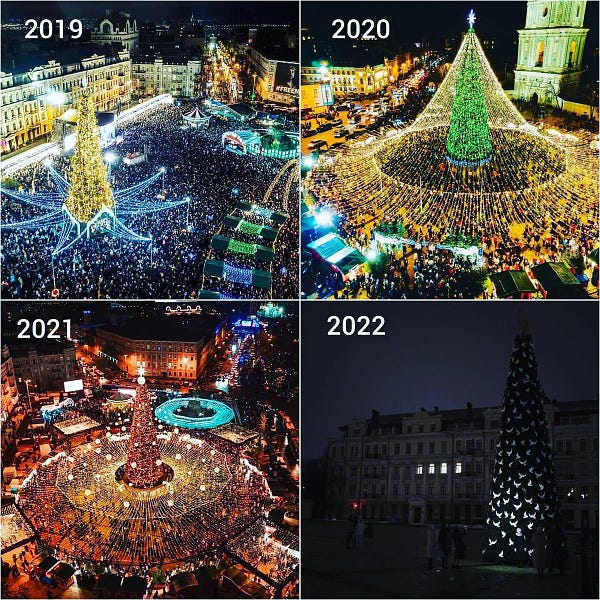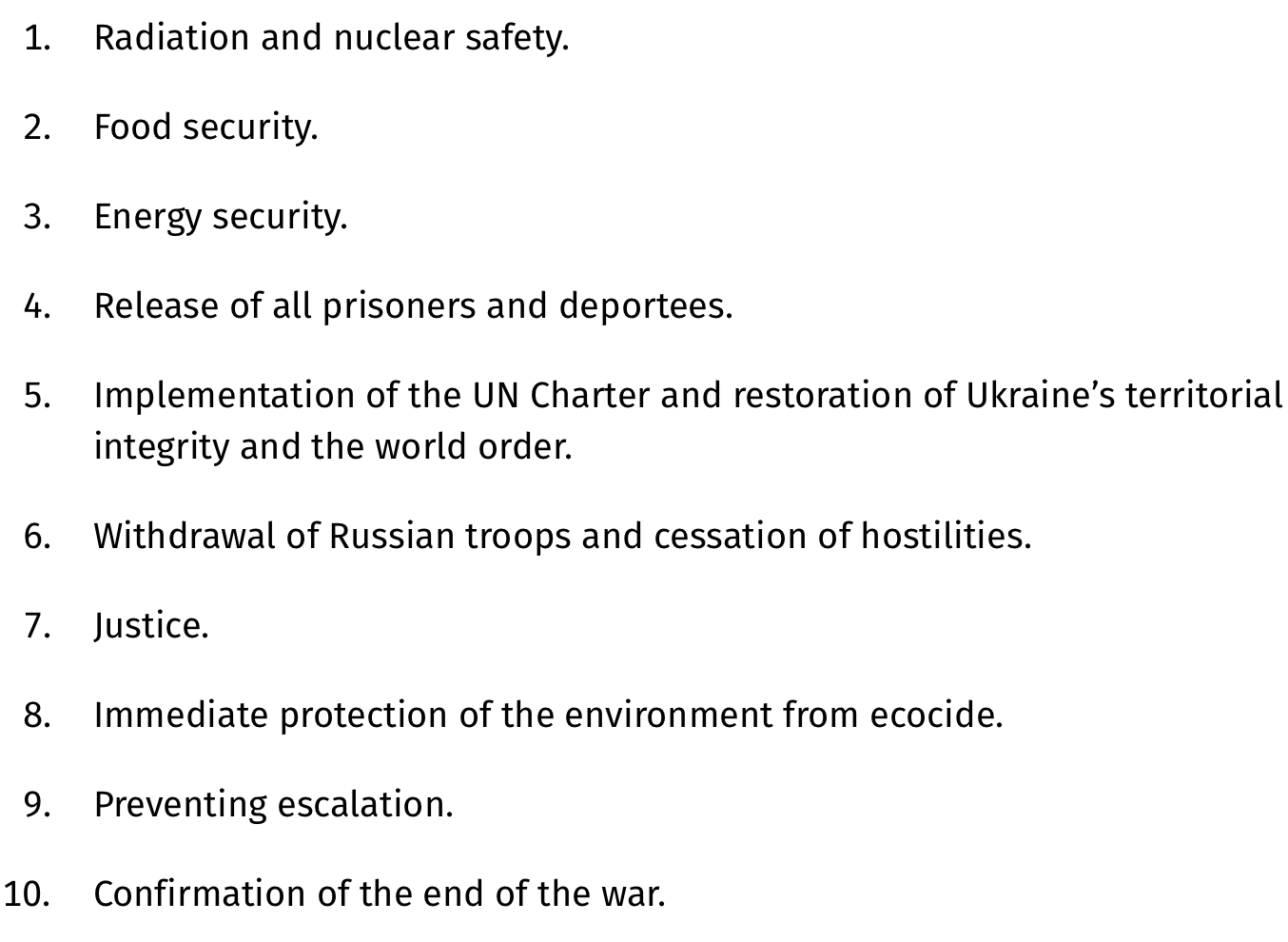The new year in just a few hours…
I wanted to make this post just right because IT’S THE LAST ONE of the old year. How silly, though.
The start of something ‘new’ has always coincided with memorable events for me when everything changed or seemed to change almost overnight: the birth of my brother Oreste, my first year at uni, falling madly in love for the first time, my Ph.D studies, the birth of my daughter, finding my true partner and love, Covid.
When Ukraine defeats Russia in this war of genocide and terror, that will be my ‘new year’. For those who expected the usual greetings, I’m sorry to disappoint. I just can’t be ‘happy’ about something that hasn’t happened yet, and until it does, I’ll keep plugging away on this keyboard, thankful for the time you spend on EuroFile and your support for Ukraine.
I’ve written the word ‘Victory’ in my diary, and it’s waiting for the day.

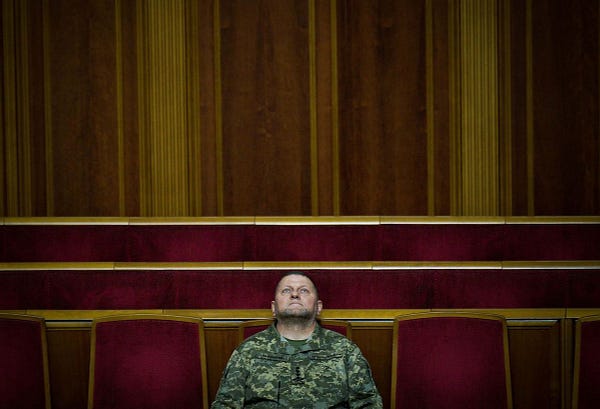
Ariana Gic on Journalism and Ukraine
Despite mythology to the contrary:
There is loads of corruption in media;
Among legit journos are planted agents;
Biased reporting is unjustifiably defended as “objective” reporting;
Journos will sooner rally around dishonest colleagues & attack critics than demand truth;
Publications often have masters they serve and pursue their agendas at the expense of facts and honest journalism.
Dishonest journalists rarely suffer consequences for bad journalism, often receiving awards and accolades instead, moving up the professional ladder for lies.
Journos regularly manipulate context to benefit one “side” while painting such delivery as “neutral reporting.”
Journo’s “opinions” are often not based on facts & truth - something which they have a duty to report.
There is heap loads of unethical behaviour in journalism.
Plenty of journalists fake in-depth knowledge passing off agenda-driven insider leaks they have been fed by as their own investigative work. They in fact act as conduits for narratives to manipulate public opinion pushed by power actors.
Inflated egos result from the proximity to power journalists enjoy. This is often mistaken for being part of a power circle, rather than being a tool of it. They fail to see it is often a calculated proximity meant to plant narratives in the media.
Editors can choose to publish facts or lies. When lies abound, it is no accident.
Publishers can & do have outsized roles in what messages get published & how they are shaped.
Many (but not all) journos are unqualified charlatans with no business writing on most anything.
From my years of observation and analysis of western coverage of Ukraine, as well as of Russia’s war against it, much of what you read is NOT “unbiased” “fact-based” reporting by “neutral” or “objective” western journalists.
Most lack real knowledge about Ukraine, and often have Russocentric biases. Almost none know Ukrainian to be able to analyze anything in Ukrainian first hand.
I am certain that among them are agents working against Ukrainian interests directly and indirectly for Moscow.
Their bad and unethical journalism about Ukraine has been good cover for bad Western political decisions regarding Russia.
It’s important that we not deceive ourselves about what is often going on behind the scenes. It’s dirty.


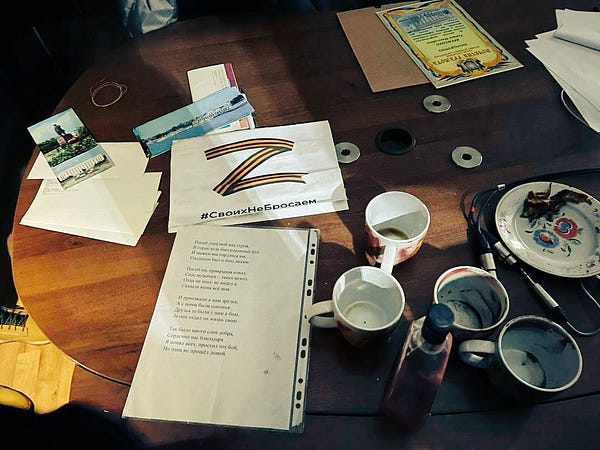
Nadia Brashier: Conspiracy Thinkers
Are conspiracy theorists ‘lazy thinkers’? In a new paper in Current Opinion in Psychology, I argue that conspiracy theorists sometimes think too much, rather than too little.

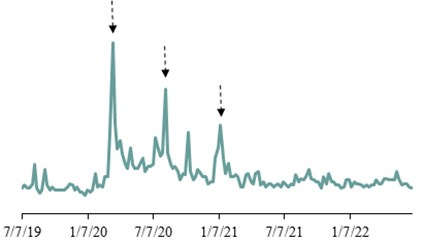
At first blush, it seems like conspiracy theorists don’t think hard enough about the information in front of them. On average, they exhibit lower cognitive ability, think less analytically, use more heuristics, and report other ‘weird’ beliefs (e.g., in the paranormal).
But conspiracy theorists *do* consider accuracy – by definition, they reject the mainstream explanation of an important event as ‘false,’ often in favor of a more complex account.

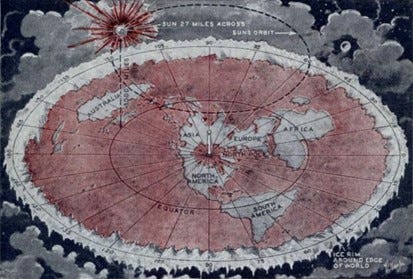
How can we reconcile these seemingly contradictory findings? I argue that cognitive effort fluctuates across stages of conspiratorial ideation: rejecting a mainstream explanation, accepting an alternative account as plausible, seeking out evidence, and resisting corrections.
Thus, encouraging conspiracy theorists to think harder about their beliefs could unintentionally push them further down rabbit holes (e.g., by prompting them to retrieve more information from low-quality sources).
Understanding when elaboration and cognitive effort may backfire is key, since conspiracy theories undermine elections, threaten the environment, and harm human health.
Michal Kranz, This Gym Owner’s Double Life Helped Wreck Putin’s War Plans- The Daily Beast (must read)
As Ukrainian forces fought to kick Russian forces out of Kherson, city resident Kostyantyn Babenko, 49, received a WhatsApp message from one of his old friends in the Armed Forces of Ukraine (AFU) asking him for a favor. Communications like these were no small thing—by now, Babenko’s hometown had been under occupation by Russian forces for nearly seven months.
Due to the risky nature of their relationship, Babenko’s friend only sent him a short, secretive message stating the name of a building in Kherson city. Babenko immediately knew what to do.
That day in September, he “went to the building, [watched] who was there, who was coming, who was going, what cars were coming, what cars were going, [and] wrote down for myself the license plate numbers of all the cars,” he told The Daily Beast. “In this way two days passed.”
Babenko and a trusted friend took turns staking out the location, and Babenko sent the information they gathered to his contact. Although this wasn’t the first time he had gathered intelligence for the Ukrainian army from behind enemy lines, it was his first time relaying it directly to them—putting him at great personal risk.
“There were cases where if the [Russians] saw anything, they’d immediately take people away,” Babenko said. “Those who somewhere showed any evidence that they were working with the AFU, no one ever saw these people again.”
Despite these dangers, Babenko, together with a loose network of collaborators, served as an informant for the AFU throughout the Russian occupation, and frequently reported the details of Russian troop positions, military vehicle movements, weapons transfers, and more to his contact and other members of the Ukrainian military. On several occasions, his intelligence gathering resulted in Ukrainian missile strikes on Russian positions with American-made HIMARS rocket systems.
But outside of his close circle of confidantes, Babenko led a very different life—as a family man, an active community member, and the owner of a neighborhood gym in Kherson, which he had managed for almost 20 years. He kept his head down, outwardly appearing to accept Russia’s occupation of Kherson, and taking great pains to keep his and his co-conspirators’ sympathies for the Ukrainian cause hidden from the public at large.

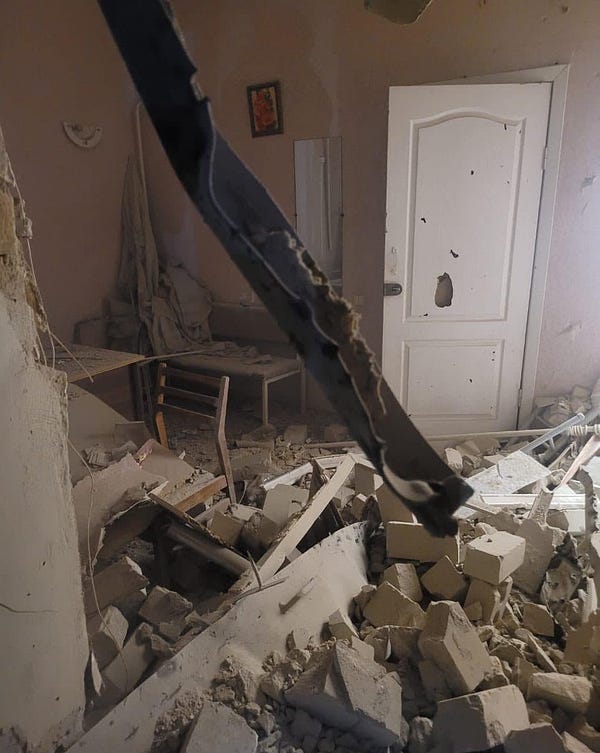
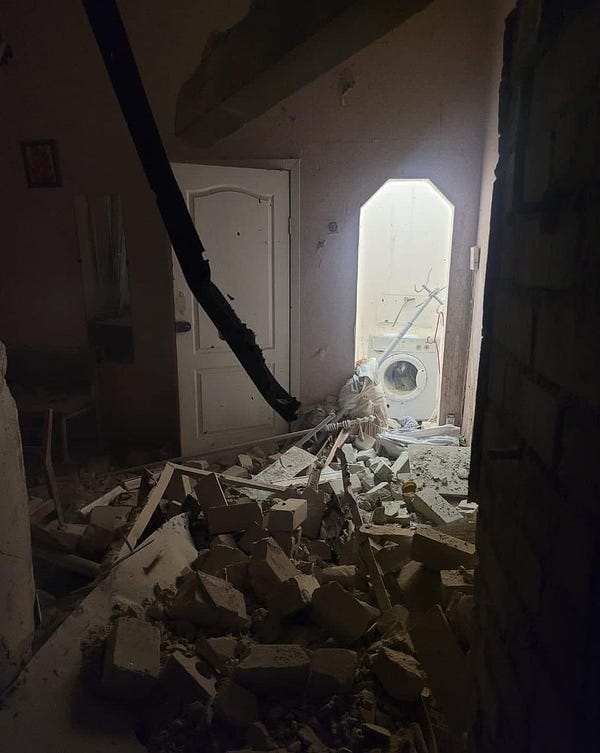
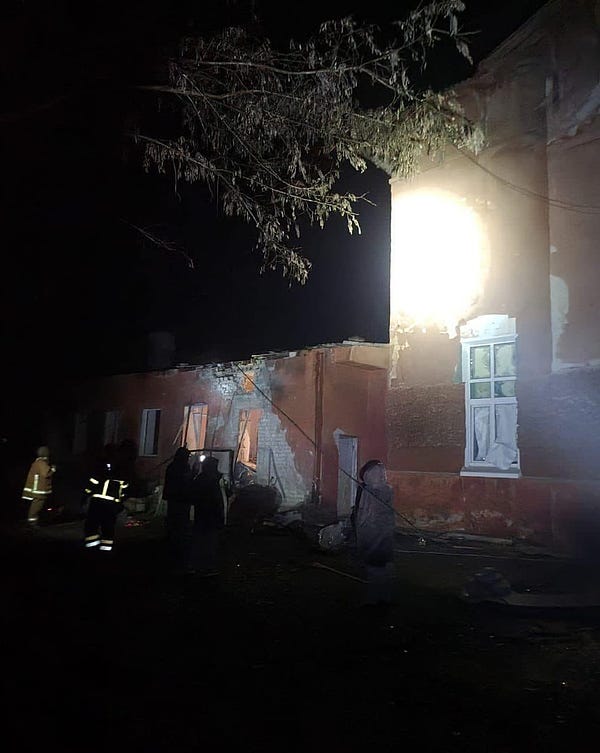
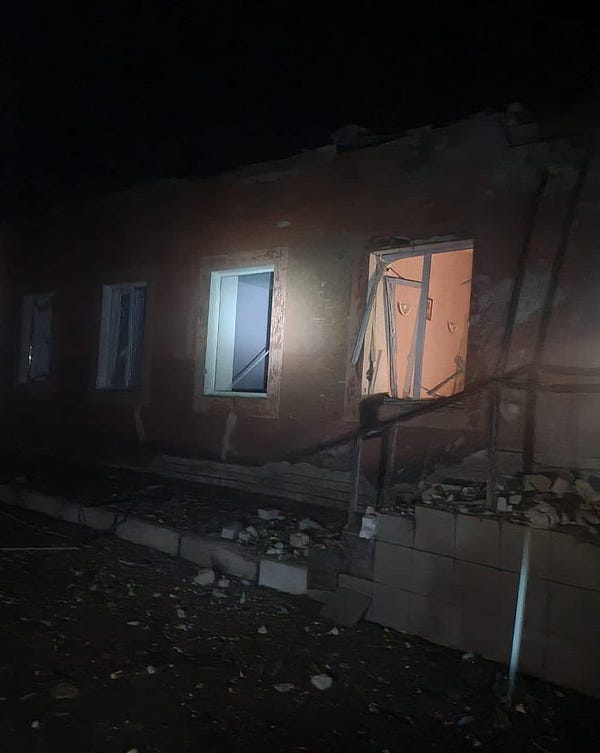
President Zelensky’s 10 point peace plan…
A reminder of the 10-point Peace Plan presented by President Zelensky on November 15, 2022 at the G20 meeting in Indonesia.
PM Giorgia Meloni offers Italy as guarantor in peace plan
For some reason, this makes me disturbingly uneasy. The Italian government still has too many politicians and business elites that are more than eager to start up business with Russia again. Over 95 companies are still in operation or have paused operation in Russia.

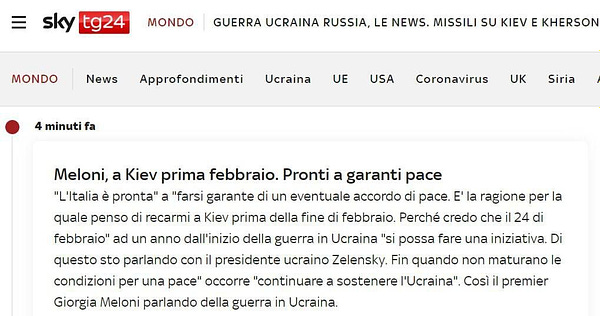
Dec 30: Tass reports that the self-proclaimed Donetsk People’s Republic (DPR) and Luhansk People’s Republic (LPR), both of which are occupied areas of Ukraine which the Russian Federation claims to have annexed, have today adopted new “constitutions”.

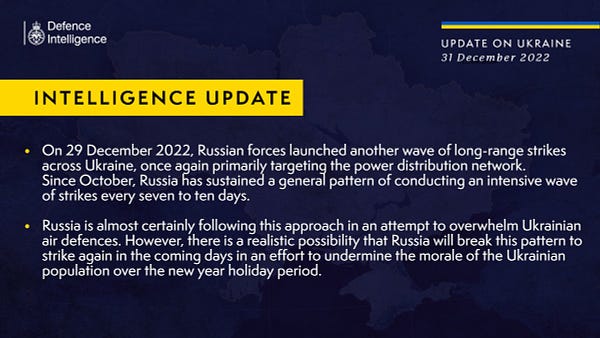
Cohen & Inozemtsev, How to expel Russia from the UN- The Hill
This is how.
On Oct. 12, 2022, a UN resolution condemning Russia’s illegal annexation of Eastern Ukrainian territories was adopted by 143 to 5 with 35 abstentions. This majority suggests that Russia is thoroughly diplomatically isolated. While Moscow deserves to be removed from the Security Council, its position is enshrined in Art. 23, #1 of the UN Charter. Moreover, its veto power cannot be revoked because of the provisions of Art. 27, #3. There is also no consensus for changing the existing structure of the UN.
Nevertheless, there is another way forward based on principles and the common will of the international community. This involves expelling the Russian Federation from the UN through the General Assembly, which can be done under Art. 18, #2. Obviously, if a country loses its status as a UN member, it also loses its seat on the Security Council.
To accomplish this, first, a resolution proposing Russia’s expulsion/suspension needs to go to the General Assembly from the Security Council, per Art. 12, #1. Second, the General Assembly must vote by a two-thirds +1 supermajority in favor of expulsion.

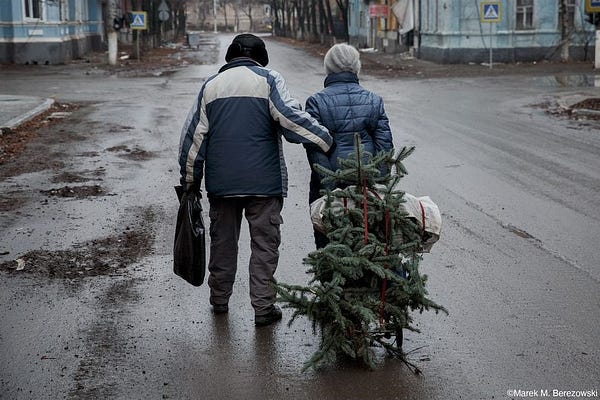
Ruth Ben-Ghiat, Shutting Down Putin's War is Essential for Global Security in 2023- Lucid (must read)
Allowing Russian President Vladimir Putin's war of annihilation against Ukraine to continue by not giving Ukraine the arms it needs to definitively repel the Russian invaders increases the risk that other autocrats will ramp up their own imperialist aspirations. Autocrats interpret any ambivalence about shutting down their peers' territorial expansions as license to proceed with similar aggressive acts.
History is clear about what happens in such cases. Most people are familiar with the folly of the September 1938 British and French-brokered Munich agreement, which allowed the Third Reich to annex the Sudetenland in Czechoslovakia six months after it annexed Austria.
Far fewer know about the earlier appeasement that set the stage for Hitler's actions: Benito Mussolini's war on League of Nations member Ethiopia, which started in October 1935. This was the biggest military operation since World War I, with Italy's formidable air force dropping hundreds of tons of illegal chemical weapons on Ethiopians.

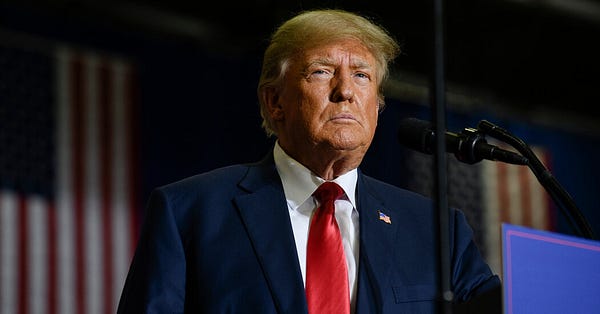
Timothy Snyder, January 6: The Facts- Thinking about…
What did Trump know, and when did he lie about it? How did his Big Lie lead to specific actions to overturn and election and bring down the American system? What did the coup attempt of 2020-2021 look like from within the Trump administration itself?
Thanks to the excellent "Final Report of the Select Committee to Investigate the January 6th Attack on the United States Capitol," we now know the answers to these and many other questions. I provide here just the briefest of summaries of the report’s recounting of the events of November 2020-January 2021.
It is very easy, when a long report is released, to underplay its basic findings. There is a temptation to act as if something is not shocking if we have heard part of it before, as though this were a mark of political sophistication. The American tendency to normalize threats to democracy is also present in retrospect.
What is described in palpable and convincing detail in the Final Report is indeed profoundly shocking: a planned and coordinated attempt by the president of the United States and his allies to carry out regime change in the United States of America on the basis of a Big Lie.
Here is my very brief summary of the factual part of the report, in fifteen quick points. I am deliberately understating here; the evidence, in the Final Report itself, permits much broader conclusions.







